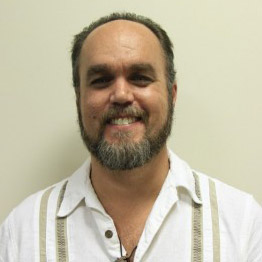Almost 18 months ago I wrote my first opinion piece. Predictably perhaps, it was about restorative justice, the topic I have covered the most.
was about restorative justice, the topic I have covered the most.
Today, if I can manage to get myself together, I will drive to Kennesaw State University and receive a master’s degree in conflict management.
Yesterday, I hurried to work at the Georgia Conflict Center, scrambling as usual to get my final plans in place for the day’s work. I spent nearly two hours at the high school where my colleague Gwen O’Looney and I have been meeting with students this semester. Only three students were there, but we had a great discussion about the effects of anger and its impact on our ability to communicate.
Later that day, I was at the local diversion center, talking with 12 residents about the different styles we tend to adopt when we are in conflict. The more styles we can use the more adaptable we are to the varied situations that arise in our lives. These guys understand the need to communicate, and many are interested in learning more.
Last Monday, we met a counselor at another school and talked about how to get kids to intervene when they see bullying. Later, I talked with two folks who help people with disabilities meet members of the community who will help them navigate the difficulties they face. We discussed how communications training might be of benefit.
Conflict, which I have been studying for 16 months, is often related to communication. And communication, especially dialogue, is collaborative in nature. The ability to effectively communicate is an example of working together to achieve a mutual result: understanding. That concept was first planted in my mind more than 20 years ago by Professor Art Williams, who taught college classes at the prison where I lived in Atlanta.
Art (not incidentally funded by the Pell Grant) was one of a long line of people who have helped me get to where I am today. Family, friends, counselors, teachers, employers, and many others have given of themselves, and continue to do so daily. I have been transformed from an angry and hopeless teen into a man who is pursuing work that is not only personally meaningful, but also has the potential to contribute to many others.
This transformation has been supported by my community, none of whom deny the impact of my crime so many years ago. The acts that led me to prison are rightly condemned, and I have done my best to accept responsibility for them. I have not been condemned; instead I have been restored.
The same is possible for the other kids involved in the criminal justice system today. These kids are the reason JJIE exists. They are the reason I write. Restorative justice, even though it isn’t easy, is a real possibility.































